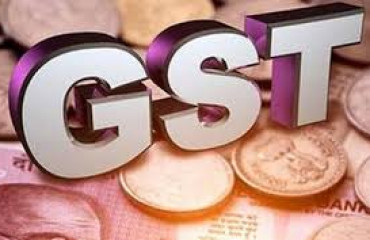SC stated that any indulgence shown against a statutory mandate would not only be an illegality but would also lead to chaotic situations
The Supreme Court on Thursday set aside the Delhi high court order that had allowed Bharti Airtel to rectify goods and services tax (GST) returns filed between July and September 2017 after the telecom operator said it paid excess tax on inputs worth ₹923 crore in absence of a purchase-related tax return form.
A bench, headed by Justice A.M. Khanwilkar, also ruled that an assessee cannot be permitted to unilaterally carry out rectification of returns submitted electronically in Form GSTR-3B as it would lead to unending uncertainty in tax administration. It held that the Delhi high court order of diluting the December 2017 circular to allow rectification of Form GSTR-3B in respect of period in which the error had occurred was uncalled for as the government's circular is completely in line with the GST Act and the pertinent rules.
"Any unilateral change in such return as per the present dispensation, would have cascading effect on the recipients and suppliers associated with the concerned transactions. There would be complete uncertainty and no finality could ever be attached to the self-assessment return filed electronically," highlighted the bench, which also included Justice Dinesh Maheshwari.
The court held that any indulgence shown against a statutory mandate would not only be an illegality but would also lead to chaotic situations and collapse of the tax administration of the Centre, states, and Union territories.
"Resultantly, an assessee cannot be permitted to unilaterally carry out rectification of returns submitted electronically in Form GSTR-3B, which inevitably would affect the obligations and liabilities of other stakeholders because of the cascading effect in their electronic records," the bench noted.
The top court was deciding an appeal by the Union government against the August 2020 order of the high court, which read down the 2017 circular to the extent that it disallowed rectifications of the GSTR-3B forms.
The high court, while allowing Airtel's plea before it, also permitted the telco to make corrections to the GSTR-3B forms for the period between July and September 2017.

